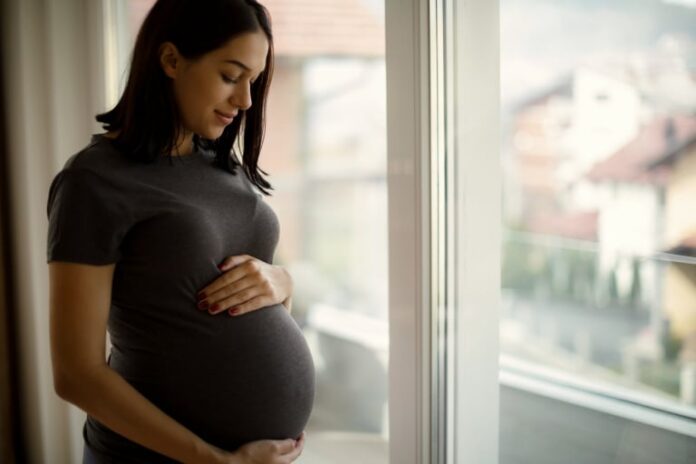During pregnancy, it’s important to be mindful of your diet to ensure the health and well-being of both you and your baby. Some foods should be avoided or consumed with caution due to the risk of potential harm. Here are some foods to avoid during pregnancy:
- Raw or undercooked meat, poultry, and seafood: These may contain harmful bacteria, such as Salmonella, E. coli, or Listeria, which can cause foodborne illnesses and harm the baby.
- Unpasteurized dairy products: Unpasteurized milk, cheese, and other dairy products may carry harmful bacteria like Listeria, which can be dangerous during pregnancy.
- Certain fish with high mercury content: Avoid fish known to have high levels of mercury, such as shark, swordfish, king mackerel, and tilefish. High mercury intake can negatively affect the baby’s developing nervous system.
- Raw or undercooked eggs: These may carry the risk of Salmonella infection. Avoid foods like homemade mayonnaise, certain salad dressings, and raw cookie dough.
- Deli meats and processed meats: These may be contaminated with Listeria, so it’s best to heat them thoroughly before consuming.
- Unwashed fruits and vegetables: Wash all fruits and vegetables thoroughly before eating to remove any potential pesticides, dirt, or bacteria.
- Caffeine: While moderate caffeine intake is generally considered safe, it’s best to limit your consumption during pregnancy to about 200-300 mg per day to reduce the risk of adverse effects on the baby.
- Alcohol: Completely avoid alcohol during pregnancy, as it can cause severe developmental issues and birth defects.
- Soft cheeses: Some soft cheeses like brie, camembert, and blue-veined cheeses may contain Listeria and should be avoided.
- Unpasteurized or raw juice: Opt for pasteurized juices to avoid any potential bacterial contamination.
- Raw sprouts: Sprouts can harbor harmful bacteria and should be cooked thoroughly before consuming.
- High doses of certain vitamins and supplements: Check with your healthcare provider before taking any supplements, as excessive amounts of certain vitamins can be harmful during pregnancy.
- Always consult your healthcare provider or a registered dietitian to get personalized advice on nutrition during pregnancy, as individual dietary needs may vary. Proper nutrition is crucial during this time to support a healthy pregnancy and the well-being of your baby.



